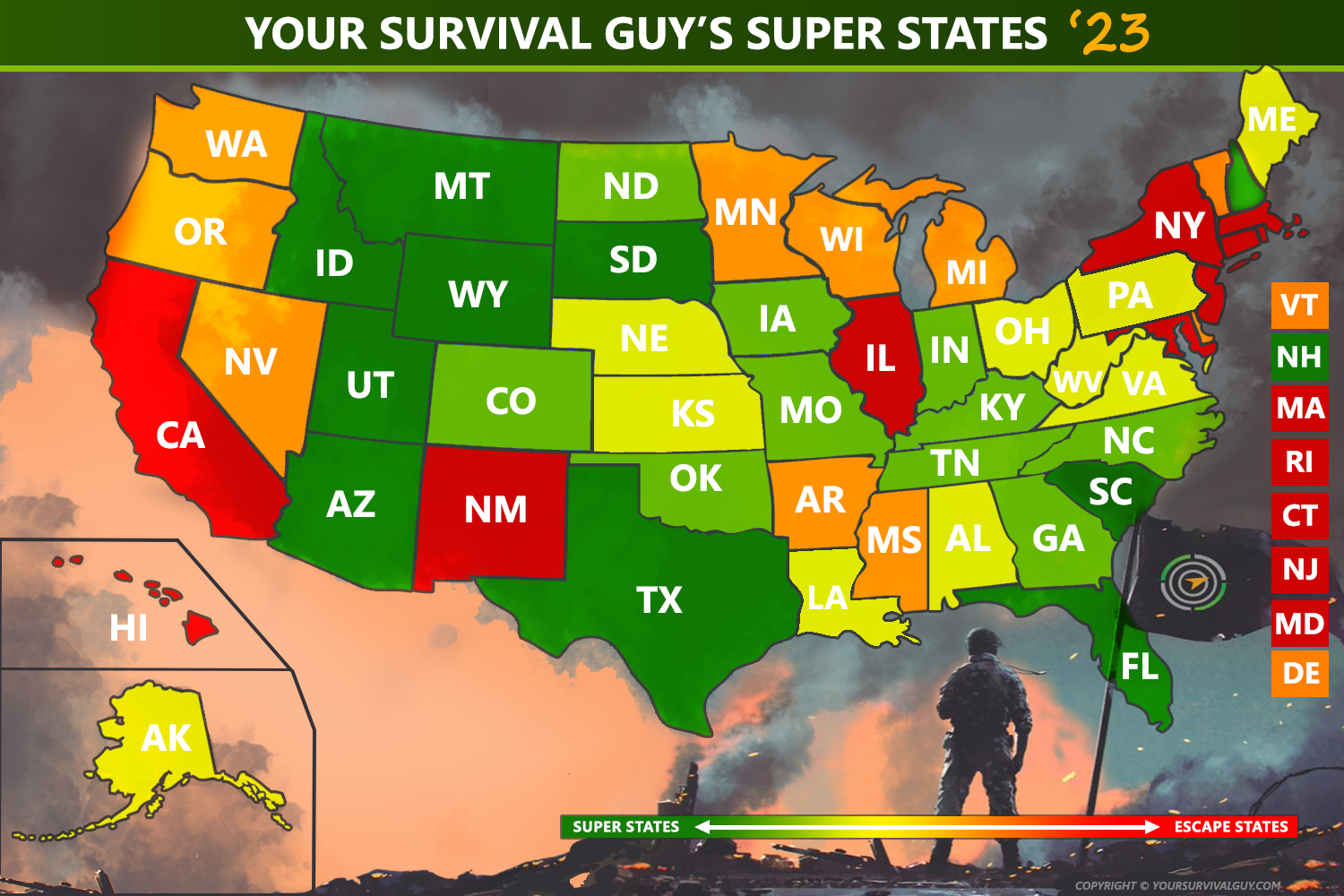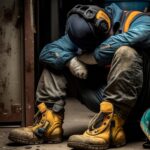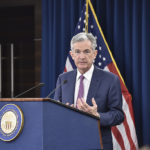
By insertcrysis @ Shutterstock.com
In The Wall Street Journal, Allysia Finley explains that the root cause of San Francisco’s disorder is the city’s “progressive obsessions.” The root of “progressivism” is, of course, redistributing wealth from the rich to the poor. She warns that the city won’t recover until it gives up on its “neurotic obsession with eliminating wealth.” She writes:
The first step to recovery is admitting you have a problem. Yet San Francisco’s leaders refuse to acknowledge how their own policies have caused the spiral of public disorder that’s driving away businesses and residents in droves.
Add to this list the Westfield San Francisco Centre, whose owners last week handed their property to their lender. “A growing number of retailers and businesses are leaving the area due to the unsafe conditions for customers, retailers, and employees, coupled with the fact that these significant issues are preventing an economic recovery of the area,” the mall’s owner said last month after the center’s Nordstrom store announced it is closing.
Nearly half of the mall’s retailers have closed since 2020 as San Francisco has lost some 7.5% of its population—a larger share than any other major city. Those leaving are by and large affluent. According to Internal Revenue Service data, about 14,700 San Francisco taxpayers with an average adjusted gross income of $415,000 moved to other states in 2020 and 2021. Tens of thousands more flocked to Bay Area exurbs.
One could say that Covid lockdowns were the match that lit the city’s dumpster fire. Mayor London Breed joined five other Bay Area counties on March 16, 2020, in imposing the country’s first “shelter in place” order. “It’s the new normal temporarily in an effort to protect public health,” she said at the time.
As the new normal dragged on, families and workers moved to places with more freedom, less crime and lower housing costs and taxes. Once the Bay Area’s lockdowns were lifted in May 2021, many former residents had no desire to return to San Francisco’s dirty, dangerous and deserted streets that were studded with tents, needles and human feces.
The city has long been grungy, but the blight and crime worsened during the pandemic as city officials reduced the jail population by about 40% by releasing hundreds of inmates—never mind that they were far more likely to die of drug overdoses on the streets than of Covid in their cells. Meantime, the city encouraged the homeless to isolate in hotels by offering them free booze and marijuana. “They’re doing San Francisco a great service by staying inside,” one city official said. “We’re saying, ‘We’re doing what we can to support you staying inside and not have to go out and get these things.’ ”
Yet they still went out and got “things.” At least 18 homeless people died of drug overdoses in one hotel alone. Hotel damage from vagrants has cost the city roughly $44.5 million in settlement payments, which the city is asking the Federal Emergency Management Agency to reimburse. Some hotels have fallen into such disrepair that even many of the city’s homeless are refusing offers to be put up there.
Is it any wonder that tourists and businesses are staying away? Hotel occupancy nationwide has returned to pre-pandemic levels, but not in San Francisco. Hotel owners are walking away from their mortgages. So are office-building owners. They don’t foresee an end to the blight or a return to the pre-pandemic normal.
Public-safety problems are growing worse as the city struggles to recruit and retain police officers. The city pays officers an average $104 an hour in salary and benefits—or $216,320 a year. A third of police officers last year made more than $200,000, not counting benefits. Yet so did 38 retirees. Cops in their 50s can retire and earn nearly as much as they did working thanks to the city’s rich pensions, which are squeezing the budget as sales- and property-tax revenue declines.
Businesses are being replaced by nonprofits that consume rather than contribute tax dollars, including social-service organizations and outfits like the Excessive Wealth Disorder Institute, a new think tank that seeks to remedy income “hoarding” by the rich.
Therein lies the root cause of San Francisco’s public disorder. The city won’t recover unless its leaders get over their neurotic obsession with eliminating wealth.
Action Line: Why would any fairly wealthy, highly successful American want to live in those conditions? If you’re looking for a better America, start your search with Your Survival Guy’s 2023 Super States. And click here to subscribe to my free monthly Survive & Thrive letter and become a Survivor.

E.J. Smith - Your Survival Guy
Latest posts by E.J. Smith - Your Survival Guy (see all)
- “Survival Guy, It Was a Self-Preservation Move” - May 6, 2024
- The Oracle of Omaha’s Ugly Tax Prediction - May 6, 2024
- Bidenflation Is Breaking America’s Middle Class - May 6, 2024
- How to Bring “1+1=3” into Your Life and More - May 3, 2024
- Prior Planning, with Help from the Concierge - May 3, 2024














